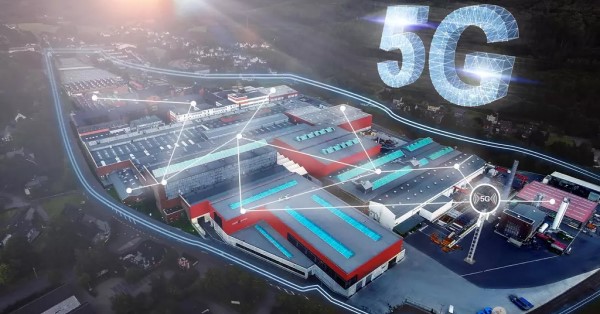Introduction
The metallurgical industry is steadily adopting 5G technology, a pragmatic step towards enhanced digitalization. This evolution is driven by the collaborative efforts of Ericsson, Mugler, and SMS Group, who have established a private 5G Campus network at the SMS Hilchenbach site. This project represents a significant move towards improving data transmission speeds, security, and eco-efficiency in industrial processes.
Challenges
The industry currently faces critical challenges in material development, energy consumption, and emissions reduction. A key obstacle is the need for high-level automation and digitalization within a real-time network environment, which traditional technologies cannot adequately address.
Solution
The solution lies in the deployment of a private 5G network, providing a platform for testing and developing industry-specific applications. This network, based on Ericsson Private 5G Technology (EP5G) and implemented by Mugler, offers an innovative approach to handling massive data rates securely and flexibly, essential for real-time applications in large-scale plants.
The 5G Campus network at SMS is not just a concept but a reality, with the system becoming operational just four weeks post-project launch. This rapid deployment demonstrates the feasibility and efficiency of private 5G networks in industrial settings.
Technology Choice
The choice of a standalone private 5G network is strategic. It provides a licensed frequency and coverage area tailored for SMS, enabling global data provision and processing in real time – a critical requirement for the metallurgical industry’s evolving needs.
Benefits
The private 5G network offers multiple benefits:
- Accelerated data transmission up to 10 gigabits per second.
- Enhanced security and flexibility for real-time applications.
- Reduced emissions through optimized production processes.
Industry Impact
The 5G-enabled network positions SMS as a frontrunner in the metallurgical industry’s digital transformation. It creates new opportunities for developing materials and reducing energy consumption, setting new industry standards.
SMS Group’s Role
SMS is at the forefront of this technological leap, closing the gap between physics, sensor technology, operational technology (OT), and information technology (IT), as highlighted by Jens Petri, Head of Technologies and Partnerships at SMS Digital.
“We serve the market with a sensor solution for production companies that is scalable and easy to integrate. Thanks to the 5G connectivity, it enables the transmission and processing of data to gain insights into the process that were jointly developed and tested at SMS group in Hilchenbach. SMS group is closing the gap between physics, sensor technology, OT, and IT,” says Jens Petri, Head of Technologies and Partnerships at SMS digital.
Mugler and Ericsson’s Role
Mugler and Ericsson play crucial roles in this partnership. Mugler’s expertise in implementing the 5G network, coupled with Ericsson’s cutting-edge technology, forms the backbone of this innovative project.
Stefan Richter, Head of Local Networks – Campus Networks at Mugler SE, emphasizes the partnership’s potential in digitalizing the industry and developing new solutions, highlighting the synergistic benefits of this collaboration.
Status and Timeline
The project is currently in the testing phase, with applications in mobility, IIoT, and lone worker applications being integrated and evaluated for practical implementation. The rapid deployment and ongoing testing indicate a dynamic timeline, with continuous development and application of findings from various research projects, including 5G-Furios, Zero-SWARM, and CLOUD56.



















